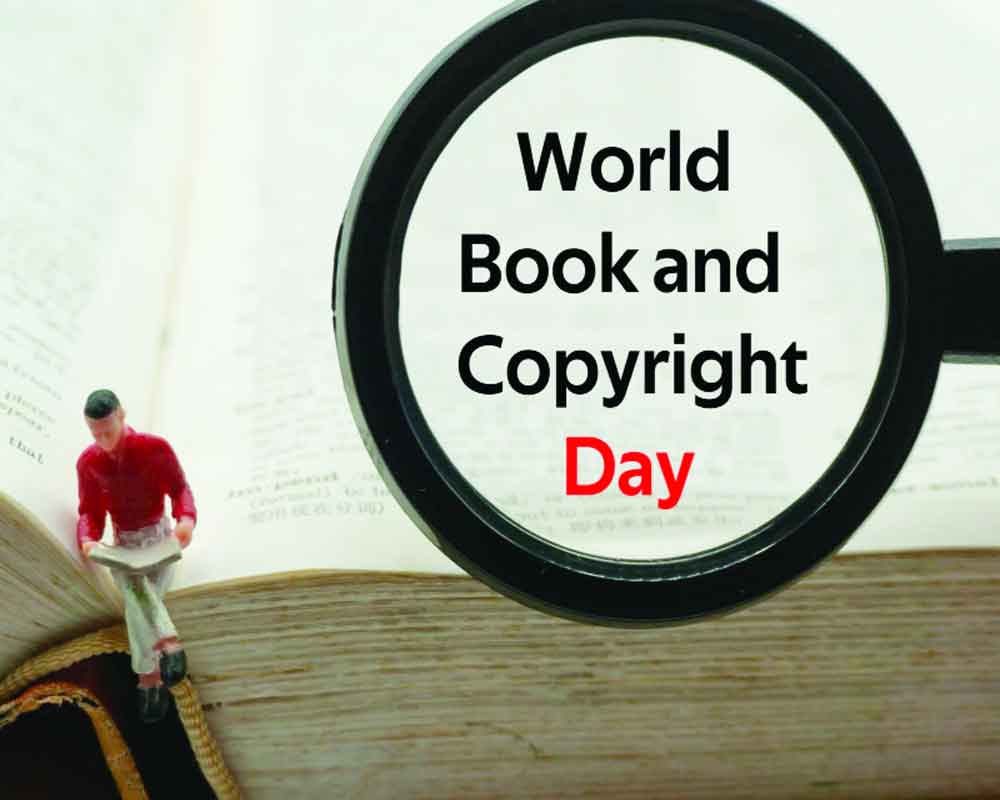From serving as conduits of wisdom and imagination to safeguarding cultural heritage, books play a vital role in shaping our collective consciousness
Books have long served as companions to humanity, bridging the present with the past and future through a rich tapestry of historical narratives and fiction. Each book, a product of its time, reflects the sociocultural nuances prevalent in the society of its era. They serve as invaluable archives, documenting the thoughts, experiences and ideas of past generations, offering us a wellspring of wisdom to draw from and learn. By delving into literature spanning different epochs, we glean insights into the beliefs, values and perspectives of our predecessors, acting as conduits for the transmission of ideas across generations and cultures. Moreover, books kindle the flames of imagination, inspiring us to envision and strive for the seemingly impossible.
As repositories of knowledge, wisdom and creativity, books provide solace in solitude and guidance in uncertainty. A singularly remarkable tome possesses the power to transport us to distant realms, broadening our horizons and fueling our imaginations. They serve as windows to diverse societies and cultures, offering immersive experiences that transcend geographical boundaries. Whether through captivating novels or enlightening travelogues, books possess the remarkable ability to transport us to unexplored territories, fostering empathy and understanding.
In the realm of creativity and innovation, books serve as catalysts, igniting the flames of imagination and propelling us towards new frontiers. They enable us to visualise and conceptualise in ways that transcend the limitations of our physical reality. Moreover, in the preservation of cultural heritage, books play an indispensable role, in safeguarding languages, traditions and values for posterity. By recording historical events, traditions and societal norms, they provide invaluable insights into the tapestry of human civilization, ensuring that our cultural legacy endures through the ages.
Yet, as we navigate the digital age, the landscape of literature undergoes profound transformations. The advent of e-books and interactive digital formats ushers in new possibilities, offering enhanced reading experiences enriched with augmented reality, virtual reality and artificial intelligence. However, amidst this digital revolution, the sanctity of copyright laws faces unprecedented challenges. Rampant piracy and unauthorised distribution of digital copies undermine the rights of authors and publishers, necessitating renewed efforts to uphold intellectual property rights.
Hence, on April 23rd, World Book and Copyright Day, under the auspices of UNESCO, serves as a poignant reminder of the enduring power of books and the imperative to uphold copyright laws. This year’s theme, “Read Your Way,” encourages individuals to celebrate the joy of reading while fostering awareness about the importance of respecting intellectual property rights. As we commemorate this day, let us reaffirm our commitment to preserving the legacy of literature and honouring the contributions of literary luminaries past and present.
(The writer is an adjunct faculty at the National Institute of Advanced Studies, Bangalore, views are personal)


























